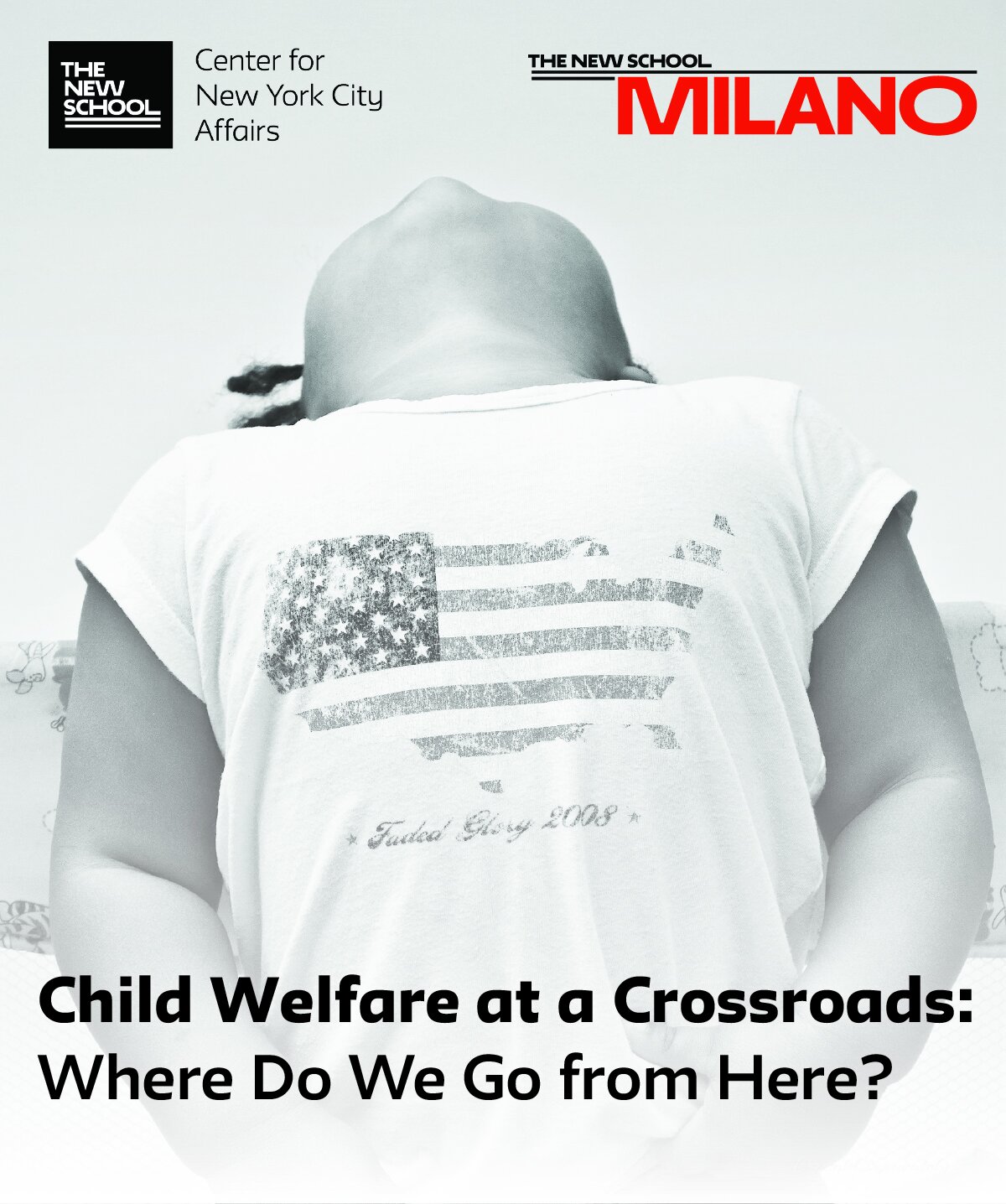CNYCA's seven-year statistical survey monitoring New York City's child welfare system
Read MoreCNYCA's six-year statistical survey monitoring New York City's child welfare system
Read MoreNew York City's next mayor will oversee the 7,000 employees of the nearly $3 billion Administration for Children’s Services (ACS), taking charge as the City recovers from the devastation of the coronavirus pandemic and responds to the public’s ever-growing demand for racial justice. So far, the leading candidates have been largely silent about how they will handle that piece of the job.
In an effort to hear more, the nonprofit news outlet The Imprint and the Center for New York City Affairs conducted a joint survey of the leading candidates. Six candidates responded to questions about how they would address racial injustice in the child welfare system, care for transition-age foster youth, and address the role poverty plays in separating parents from their children. Although they mostly emphasized their broader anti-poverty plans, some provided their most detailed and substantive public remarks thus far on the child welfare system.
Read MoreThe next wave of City leadership will have a unique opportunity to impact schools. This report looks at what worked and didn’t over the last 20 years of NYC education reform, and offers concrete recommendations moving forward.
Read MoreAfter years of broken promises – and with billions of desperately needed federal aid dollars on the way – New York State has an unprecedented opportunity this year to patch up its broken system of care for kids with mental health problems. But with the State budget due on April 1st, even the best-case proposals now working their way through Albany offer limited hope that Governor Cuomo or the State Legislature will finally make good on their word.
Read MoreCNYCA's six-year statistical survey monitoring New York City's child welfare system
Read MoreAs the Covid-19 pandemic grinds on, hospitals around New York State report a growing crisis for children who need mental health care: Suicide attempts and other psychiatric emergencies are up, inpatient units are full, and very sick kids regularly spend days in loud and crowded emergency rooms, waiting for beds to open up.
Read MoreWhen New York City released its "Bridge to School" plan in late August, officials called on teachers to make students' mental health needs their top priority. "Many of our young people are in pain,” City officials wrote.
But as students finally resume classes – remotely this week and in classrooms next – they will find that many social workers and other mental health care providers have disappeared from school budgets.
Read MoreWhen the coronavirus put New York on pause, the City’s Family Courts shut down most of their operations. Last week, the Court began to open up for matters that might move cases forward. But progress is slow and limited, and many families remain without access to the judges who can send their children home from foster care.
Read MoreCovid-19 has torn through the City's juvenile detention centers. Frantic parents say their kids should be sent home.
Read MoreAmid the chaos caused by Covid-19, New York City parents with kids in the child welfare system have lost access to the Family Court judges normally entrusted with protecting their rights. In at least one case, the City's child welfare agency held custody of a child for more than a week without seeking permission from a judge, according to family members who were desperate to bring the child home.
Read MoreOne unintended consequence of free, public preschool programs is the toll they can take on a community’s supply of child care for babies and toddlers. In some places, when public preschool programs for 3- and 4-year-olds grow, affordable child care for younger children shrinks. This analysis of enrollment data for the subsidized child care system suggests that in New York City, about the same number of infants and toddlers are receiving subsidized child care in child care centers and family child care programs as before the expansion of Pre-K-for-All. But other data and research which is inclusive of non-subsidized child care raises concerns that affordable infant and toddler care for low-income parents in New York City may indeed be at risk.
Read More













